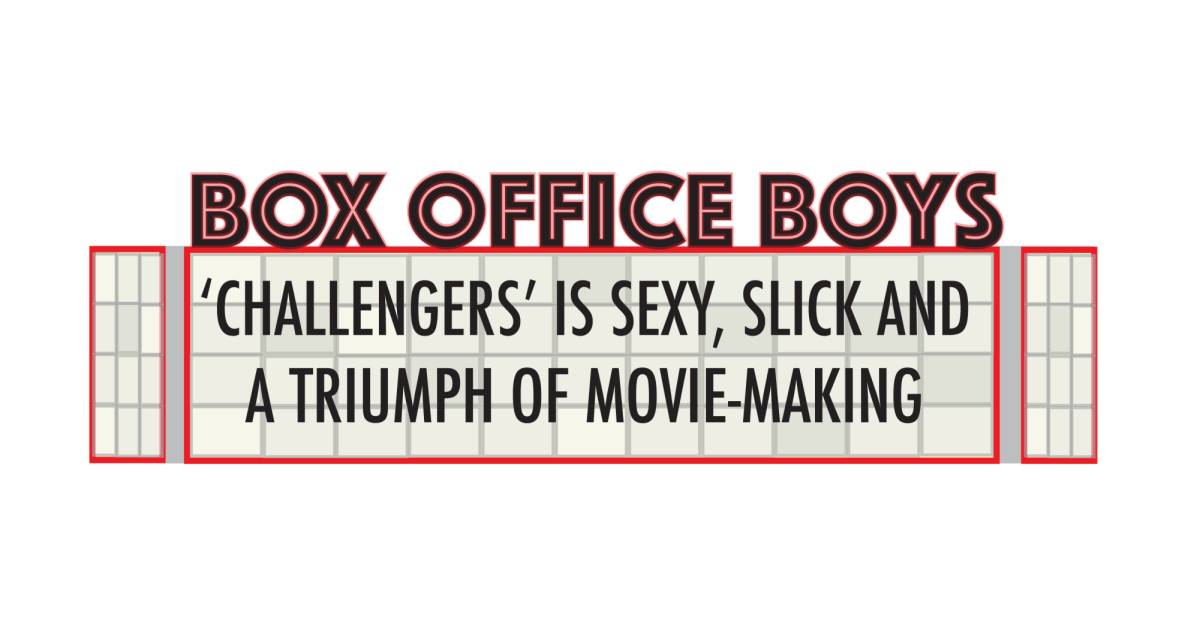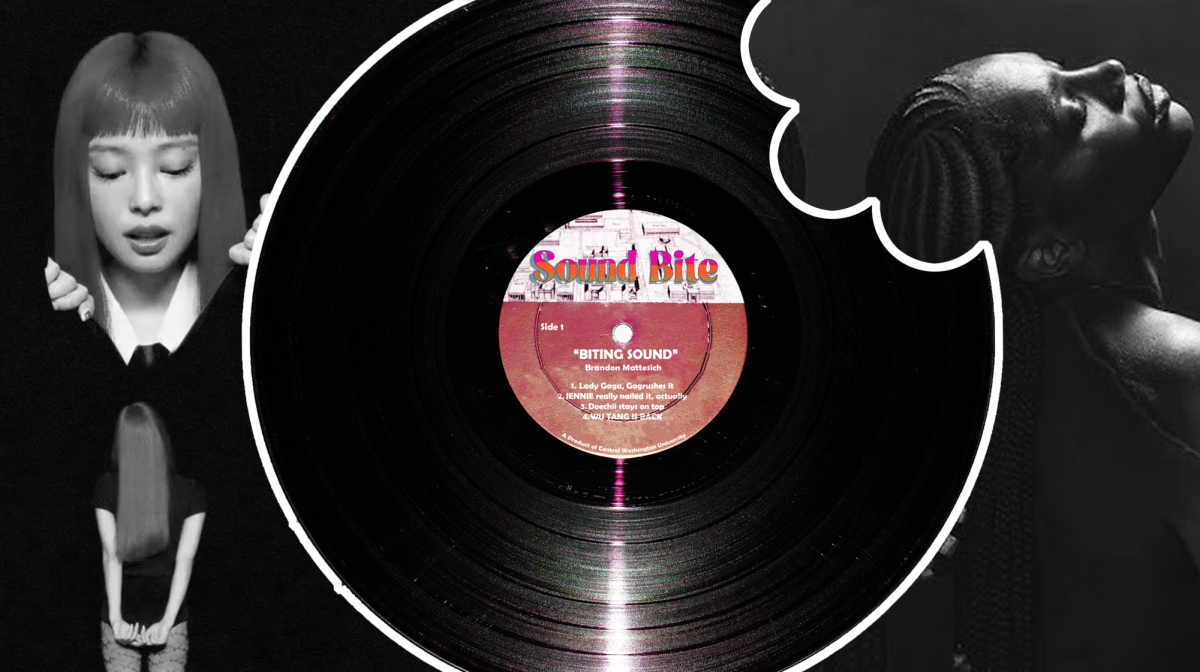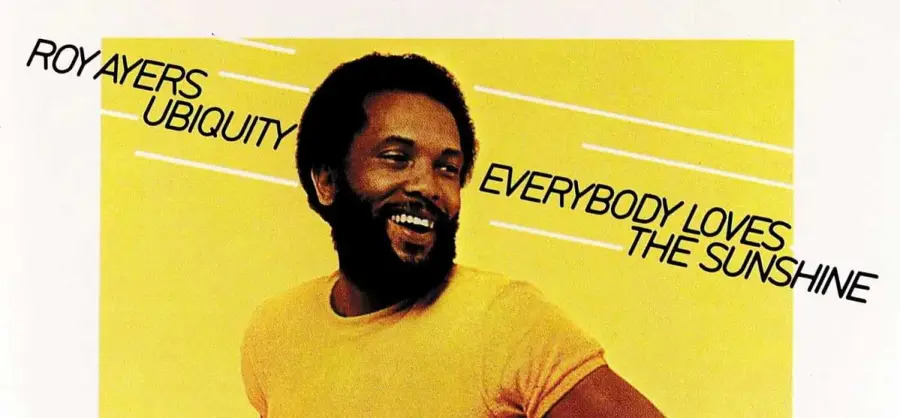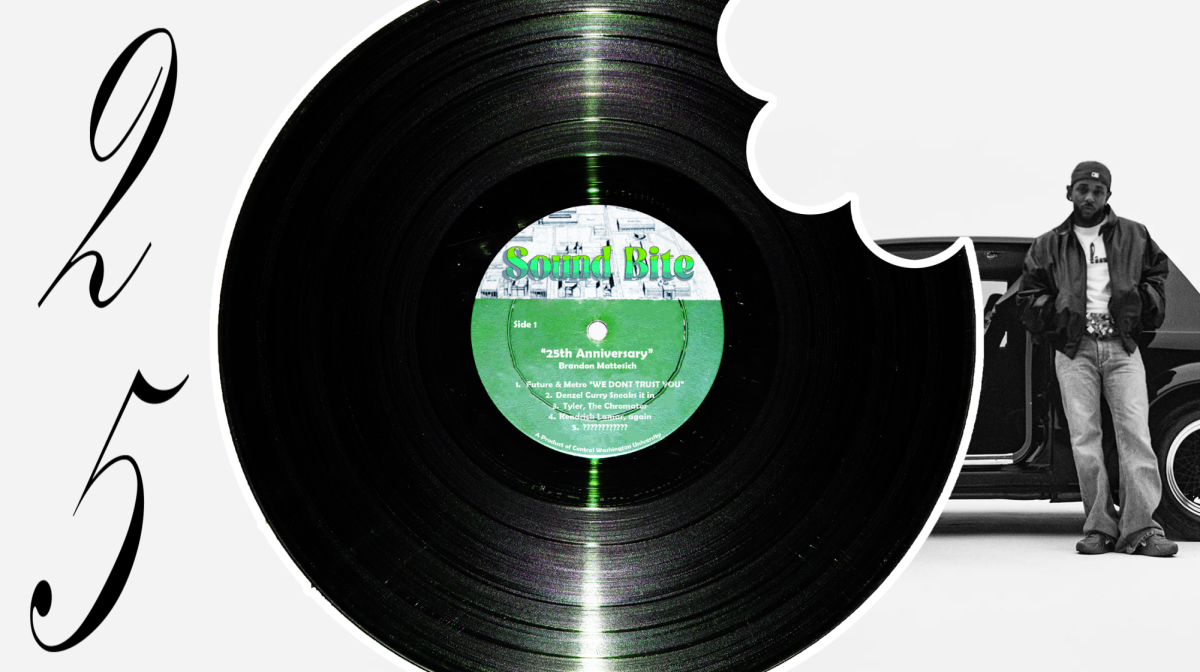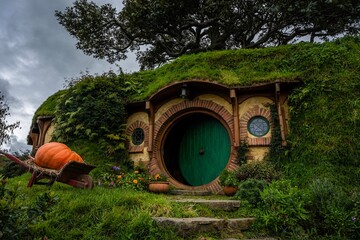In an age where it seems that both movie-makers and movie-goers seem to be averse to the concept of sex in their media, Luca Guadaginino’s “Challengers” embraces sex and polyamory both literally and in allegory.
Our native movie reviewers Isaac and Nic took to the local Grand Meridian theater on Sunday to catch the new film and review it together, in what is hopefully the start of a new column in the vein of “Siskel & Ebert.” They recorded an extensive conversation about the film on Monday in the Bistro, and hope that you enjoy this experiment of theirs.
Nic: “I right off have to say this is an incredibly well-made movie. Top to bottom. I was very, very very impressed with Guadaginino. He’s a very well-acclaimed filmmaker who’s created a whole lot of classics including ‘Call Me By Your Name’ and the ‘Suspiria’ remake. What really fascinated me about this movie though is that Guadaginino really captures this sort of Italian neorealism, because he himself is from Italy.”
Isaac: “I definitely agree. You can see the influence from that kind of new-wave generation across all of his movies. Especially, I would point to this one [‘Challengers’], ‘Call Me By Your Name’ and also ‘Bones And All,’ which I don’t know if you’ve seen.”
Nic: “I have seen that one.”
Isaac: “That might still be my favorite of his movies. But you see it [Italian neorealism] in the way that he uses the camera, the lighting, there’s a very specific scene in a parking lot towards the end of the movie where there are red and blue lights across Zendaya and Josh O’Connor’s faces which is just… We don’t see movies look like that much anymore.”
Nic: “Big time. Especially as [I have] been very disappointed with A24 as of recently because they’ve been using AI for their stuff. Because, what really drew me to this movie at first was the very impressive poster with Zendaya’s face because I thought it was so cool and unique. I haven’t seen any posters like that in a while, and I think it does a good job displaying what the movie is gonna look like, or what to expect.”
Isaac: “It’s quite a literal poster. It’s gorgeous. And part of that has to do with it literally just being Zendaya’s face … We were talking about how the movie kind of feels like — and all of his movies feel like — something from 70s Italian cinema. In my Letterboxd review, I say that Guadaginino’s works and makes his movies like a director from 1974 in 2024, and that’s just the whole appeal of his stuff to me, it feels like it’s from a different era. You watch ‘Challengers’ and there are some really crazy and cool camera techniques that he uses, especially in the final scene. But throughout before that it’s all very traditional, very professional and very mature filmmaking that, y’know, you’re not getting that with Jon Watts. Not to slander Jon Watts.”
Nic: “No, it’s very fresh and original, which is very fascinating. Another thing that I liked about this is, it’s a very little thing, but sometimes if I keep recognizing actors it will take me out of the movie. But, to have just three mostly well known actors appear in it was very nice.”
Isaac: “There’s essentially three characters in the whole movie.”
Nic: “Normally I really despise love triangle stories, like I joke on ‘Twilight’ and stuff, but I just hate it when it’s involved in anything. But I really liked the way it was done here because essentially what this film does is explore the psychology of what these three people mentally are going through, and this idea is also kind of a tennis allegory you could see where you have the two main characters [Art and Patrick], they’re the players, and Tashi, Zendaya’s character could be seen as the ball going back and forth.”
Isaac: “Definitely, I feel like pretty much the whole movie uses tennis as an allegory. Not just for relationships, but also for sex. I wanted to talk to you about that because we have a Hollywood right now that is very afraid of sex. And movie-goers and audiences in general seem to be very against the idea of sex in their cinema and their television, and this movie does not shy away from that at all. This is a very sexy, very stylistic, very sweaty movie.”
Nic: “I feel like that’s partially because of Guadagnino’s European background. In Europe, they have very different opinions on sex and nudity compared to us Americans who see a shoulder and think ‘That’s too much,’ so I think that played a big part in it. And that’s also what helped give this a much more universal voice if that makes sense. Because that really helped us to explore these people in a much more realistic way.”
Isaac: “For me, sex, especially in a movie like this will always make your movie feel more grounded and more realistic and more personal. I hate to keep bringing up the MCU, but those movies are entirely sexless. And those are family-friendly blockbusters, but that’s also part of the reason that they don’t feel as realistic as they once did. You go back to the original ‘Iron Man,’ the first ‘Captain America’ and the first ‘Thor,’ there is some real tension between the protagonists and the love interests in those movies. Especially in ‘Iron Man,’ there’s a pretty decent amount of at least innuendo in that movie, and you don’t see that much anymore. Especially with ‘Challengers,’ to see that type of stuff come from somebody as famous as Zendaya, it’s, pun-intended, challenging for the viewer, and I think that’s incredibly effective.”
Nic: “Yeah, big time. Going back to the story of the movie, one thing that Guadagnino does that’s super impressive that at first I was thrown off by, is that the entire movie is filmed and structured in the way that a tennis match is. Because at first when you’re watching it, you’re introduced to all the big three main characters. You have Art and Patrick, but you don’t know that, you just have these two tennis players hitting back and forth, and then both turn and you see you have Zendaya in the middle of them. It’s sort of this form of medias res where the ending is the beginning of the movie. I was thinking ‘Why is this such a small tennis match?’ But then it cuts back in time and starts explaining things kind of like ‘Pulp Fiction’ where it’s told out of order, where it goes back in time and then cuts back to the tennis match and will unveil something else and slowly we start getting more and more fixated on these characters.”
Isaac: “Yeah, the editing of the movie does a great job of amplifying the intensity of the core tennis match as it goes along, which I don’t think would’ve been possible if you had told the story linearly. I actually wanted to ask you about the editing and telling the story kind of out of order, because I thought it was a great choice.”
Nic: “At first I was thrown off about it, but then as it slowly developed more and more, it started to make more sense to me. When we first saw young Patrick and Art walking around, being chums, enjoying tennis, something snapped in the back of my mind where I was like ‘Oh wait, this is interesting, where is it gonna go from here?’ And then it cut back to the tennis. At first I thought it was going to be a little rough, but as it kept cutting back and forth it just started to make more sense. I agree with you that it was a very effective tool. I think they try to use medias res because ‘Citizen Kane’ did that, and so a lot of writers and big filmmakers use it as a crutch to make people think that their stories are deep, and it usually backfires completely but this was an incredible use of it. It draws you in right away, you have a nice close-up of these sweaty guys playing tennis back and forth. These guys are literally pouring sweat from every pore. But, you see that and you start getting more and more of what’s going on. Also, when the trailer first came out, this movie got meme-d on a lot.”
Isaac: “It did. There were a lot of memes, especially about the trailer and especially about the Zendaya-threesome aspect of it.”
Nic: “A lot of people were cracking jokes like ‘Oh my god, Zendaya is cheating on Tom Holland’ and I was like ‘You realize that it’s acting?’”
Isaac: “Yeah, and that kind of ties back to my point about modern audiences. Sex is kind of a foreign concept to them, especially in movies. And people see actors nowadays just as the characters they’ve portrayed in the past. So when you’re marketing a new movie with Zendaya that’s supposed to be sexy, and everybody knows her from ‘Spider-Man’ and dating Tom Holland, that’s how everybody’s opinions about that movie is formed before they’ve even seen it.”
Nic: “Exactly.”
Isaac: “And to go back to what you were talking about before with the sweat, Guadagnino throughout his entire career has had a really intense fascination with the human body, which is something I’ve noticed even from ‘Call Me By Your Name,’ but especially in ‘Suspiria’ and in ‘Bones And All’ all those movies are super interested in the human body and what it does. In ‘Bones And All’ and even in ‘Challengers’ he uses consumption as a metaphor for wanting and sex as well. In ‘Challengers,’ Josh O’Connor’s character is hardly seen without eating something. A churro, a banana. Especially throughout the entire final sequence Guadaginino very much focuses on the thighs of the two tennis players, or their sweat, or their arms and their hands.”
Nic: “No, yeah, well Guadaginino, you know, he uses a lot of homoerotic subtext in his movies because he himself is a gay man.”
Isaac: “I didn’t know that!”
Nic: “Yeah, he himself is a gay man and he likes to explore that sexuality through his movies a lot. And there’s definitely you get the feeling that O’Connor’s character Patrick has some sort of longing for Mike Faist’s character.”
Isaac: “He’s always touching or getting super close to him.”
Nic: “Super close to him! Even when you see him get intimate with Zendaya, there’s still this thing going on where he’s not exactly all there mentally. There was one point I talked to Brandon [Mattesich] at the end of the movie and I said ‘I just want them just to make out and just in front of everyone.’”
Isaac: “That’s essentially what they do at the very end of the movie, though!”
Nic: “They do! They embraced each other and I really liked that.”
Isaac: “I did too,”
Nic: “Mike Faist jumps up really high and like, hits [the tennis ball] and then O’Connor catches him. I thought that was a very beautiful, beautiful embrace. It’s like going back to your idea of wanting to finally give in and embrace one another, it’s just such a beautiful way to end the movie. It really adds up to all this build up of these characters who’ve gone from loving each other to like hating each other. And then they finally just kind of give in all they’ve been suppressing for so long.”
Isaac: “I think that’s a good note to end on, but before we do, I wanted to ask you one more thing about the score from Trent Reznor and Atticus Ross, I thought their score was incredible, probably my favorite score of the year.”
Nic: More than ‘Dune [Part Two]’?
Isaac: “Probably tied with ‘Dune.’ But, I think I would listen to the ‘Challengers’ score before I would listen to the ‘Dune’ score if that makes sense.”
Nic: “No, big time.”
Isaac: “We were talking earlier about how Guadagnino was making movies like he was making them in the 70s and early 80s. This feels like a score from that era. It’s groovy, it’s a romp, it’s propulsive, it’s exhilarating and it totally fits the vibe of the movie.”
Nic: “It kicks in whenever the scenes get intense. Even if the characters are just having a conversation. The moment the tone or the characters voices change, it kicks in. And then they will the camera will do this fun thing where it will cut back and forth and zoom back and forth just like a tennis match. Another audio thing I liked that they do is that the audio of any given scene, they lower it just a little bit to the point where it’s almost at the same level that the music is, so the music becomes a part of the scene.”


